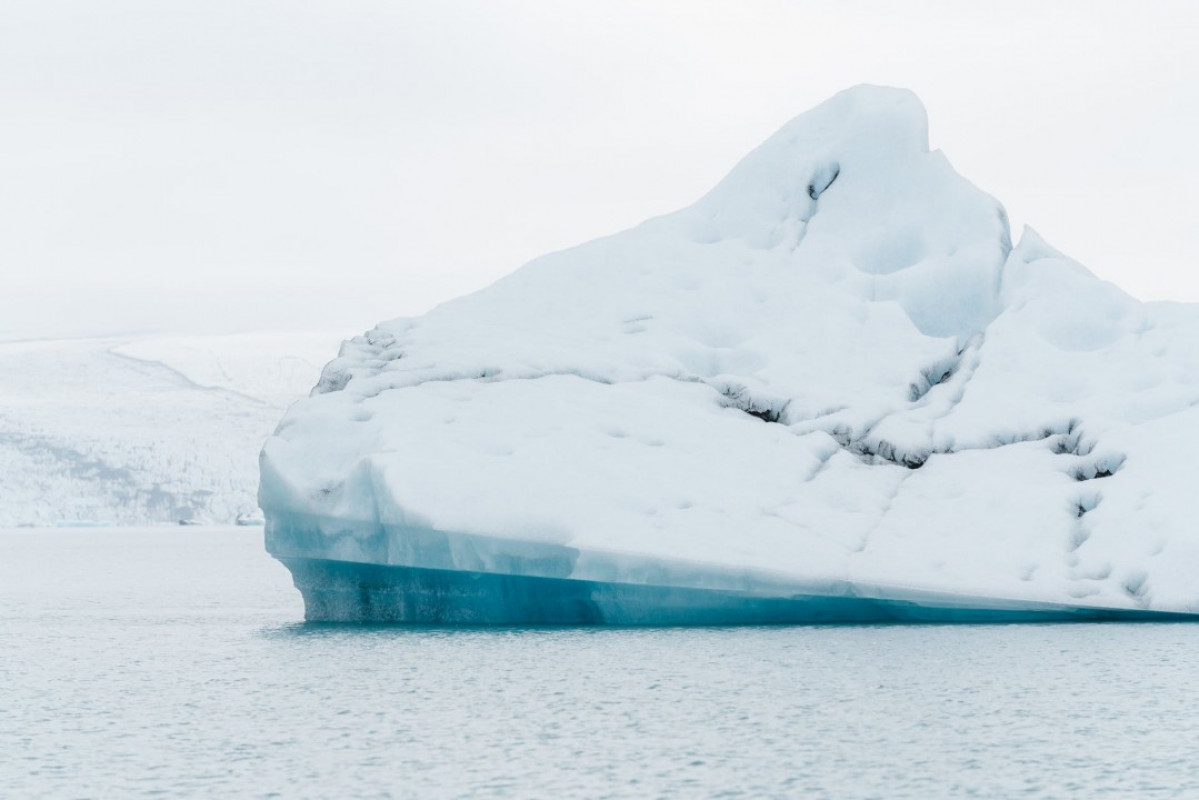Research published by science journal Nature has warned that unless greenhouse gas emissions are cut then the impact on the world climate will be irreversible. Greenland’s melting ice sheets are already the largest contributor to rising sea levels, with extreme weather events across the world also thought to be caused by the increase in sea levels and global temperatures. The Nature report points out that the current rate of ice loss is comparable to the end of the last ice age, when the Arctic’s surface temperature was 5.4 degrees above the preindustrial average. At the current rate of global emissions, the world temperature will meet those averages by the end of the century. “It is no secret that the Greenland Ice Sheet is in rough shape and is losing ice at an increasing rate,” said Nicholas Young, a researcher at the Lamont-Doherty Earth Observatory (LDEO) at Columbia University, in a news release. “I think this is the first time that the current health of the Greenland Ice Sheet has been robustly placed into a long-term context.” In addition computer modelling, scientists have looked at the chemical composition of boulders which are located near the edge of an ice sheet. By studying these ‘moraines’, scientists can understand when ice was last located there and when it retreated from that area. It is thought that the impact of the ice melt will have devastating consequences on low-lying communities across the world and may also contribute to melting on the other side of the world, in Antarctica. The report shows that if all the ice were to melt in Greenland sea levels would rise by 20 feet.
COP30: A Landmark Move for Indigenous Rights
As COP30 unfolds in Belém, Brazil has formally recognised 10 new Indigenous territories, expanding legal…




